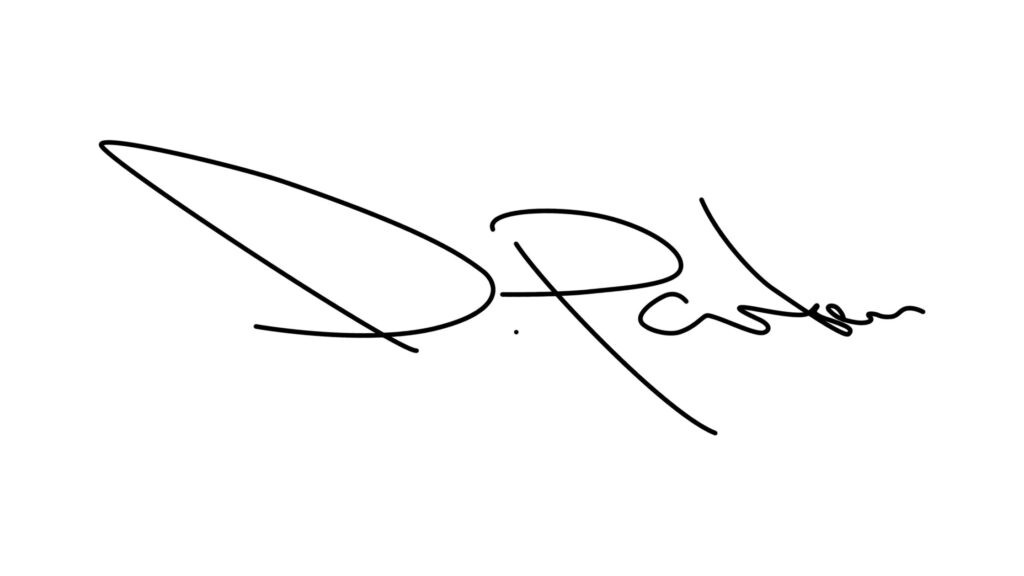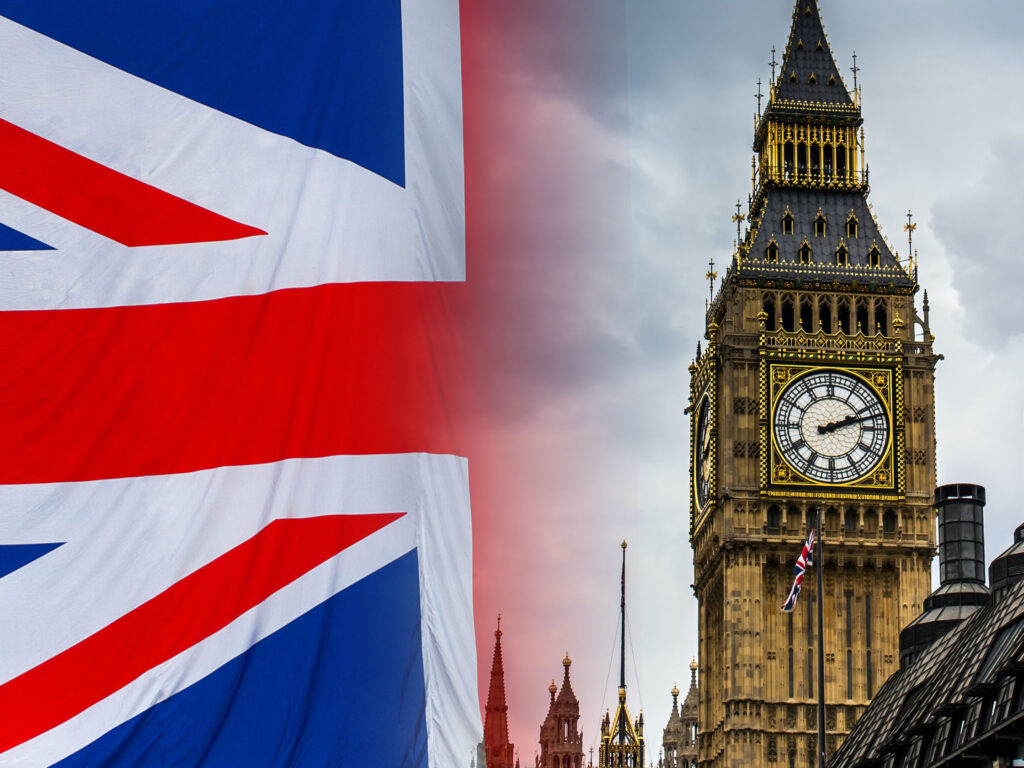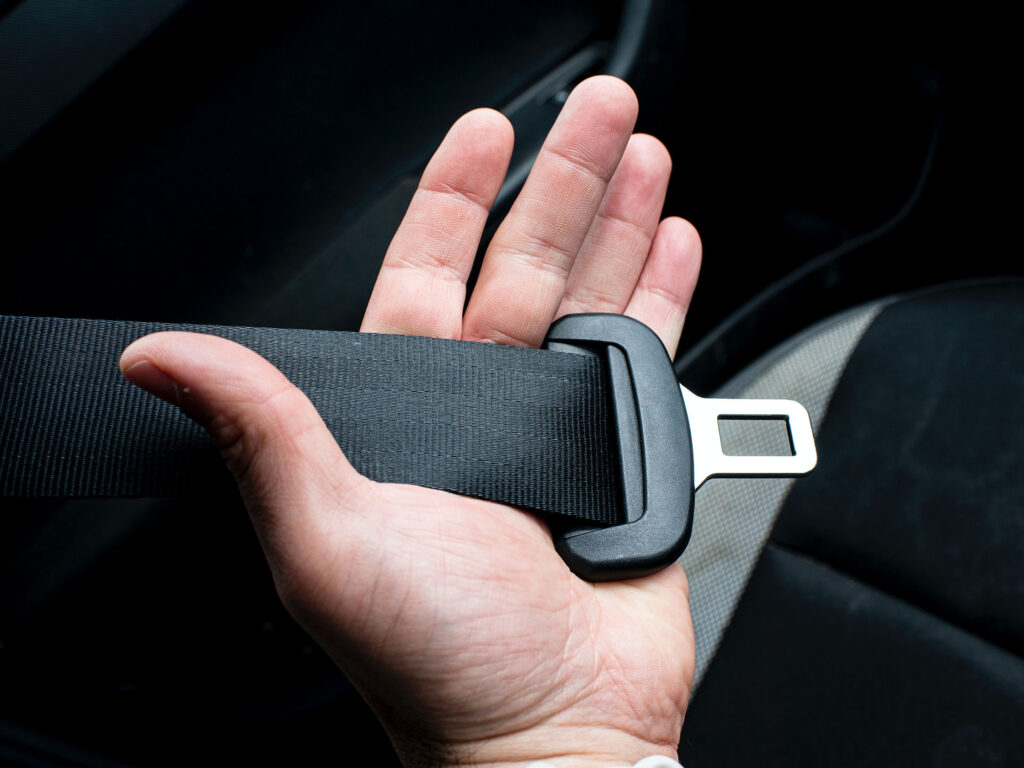So what exactly is the “Online Safety Bill” (UK) and “Kids Online Safety Act” (the US equivalent)? Well put the kettle on or grab a freshly brewed coffee if you’ve reached that point in the day and sit back as we walk through the basics of the Online Safety Bill – a set of UK based laws aimed at holding social media platforms more accountable in order to protect their users.
We’ll be covering key points such as why it came to be, how it will make the UK “the safest place in the world to be online” and a few potential draw backs along the way. So lets get started!
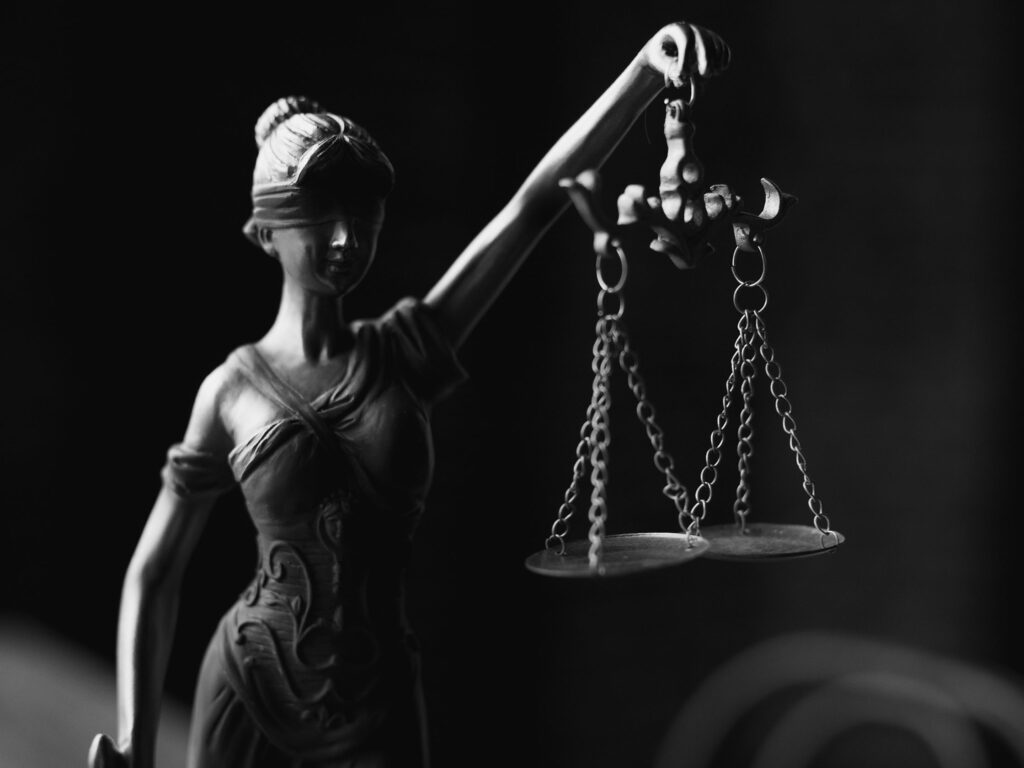
Whilst this Bill if passed into law will add another tool to the parents arsenal of tools to keep their kids online safe responsible parents should ALWAYS remember to employ the KidZ Online Safety B.E.L.T. technique every morning to help keep their young ones safer on the internet.
Origins of the Online Safety Bill

Content moderation is a tricky and complex topic for social media platforms, regulators and lawmakers alike, who often have conflicting views on which path to take. However Molly Russell’s tragic death from self-harm after suffering the negative effects of online content demonstrated just how dangerous a place the internet could be for children.
So in 2019 the “Online Harms White Paper” by Jeremy Wright (former digital minister) was introduced. A “duty of care” if you will for the social media giants which threatened fines or banishment from the UK market for non-compliance. Over time it gathered extra provisions such as age verification, clamping down on anonymous trolls and scam ads to form the bill we now know as “The Online Safety Bill” (planned introduction later this year).
Child Protection Provisions
Under the proposed act social media platforms must:
- Verify user age/ enforce age limits
- Prevent access to inappropriate/ harmful content
- Remove immediately/ prevent illegal content (now includes self harm)
- Make dangers and risks transparent to children using their platform
- Make tools accessible to report online issues
Adult Protection Provisions
The “triple shield” approach will require social media platforms to:
- Remove all illegal content
- Remove any content violating their terms and conditions
- Enable adults to tailor their browsing experience, including the ability to filter out content/ comments from unverified users
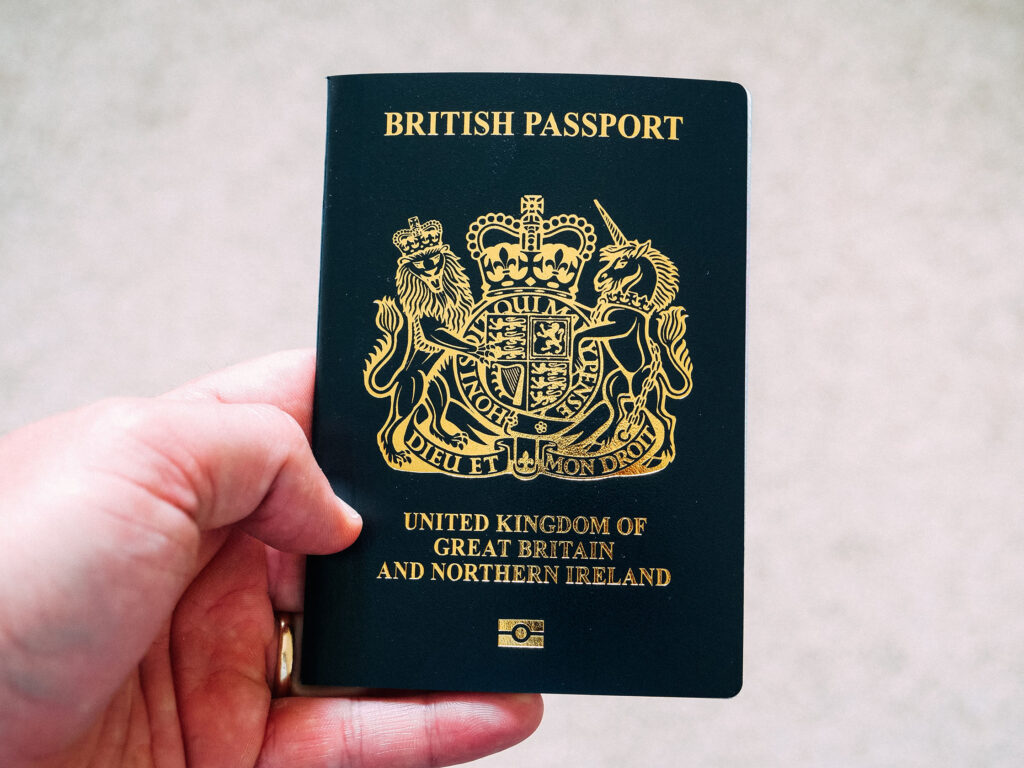
Age verification will actively be enforced and underage users will be prevented from creating accounts in the first place (many social media sites set 13 as the minimum age requirement). Platforms will also through their design be required to proactively prevent prohibited content from appearing in the first place and take steps to minimise the likelihood repeat offenders or abusers could create new/ anonymous accounts.
Illegal content classifications (Removed for all users)
- Abuse
- Controlling or coercive behaviour
- Inciting violence
- Fraud
- Promoting self harm
- Etc.
Harmful Content Classifications (Age verification required)
- Online abuse
- cyber bullying
- online harassment
- Glorification of suicide, self harm, eating disorders
Who will enforce the new laws?
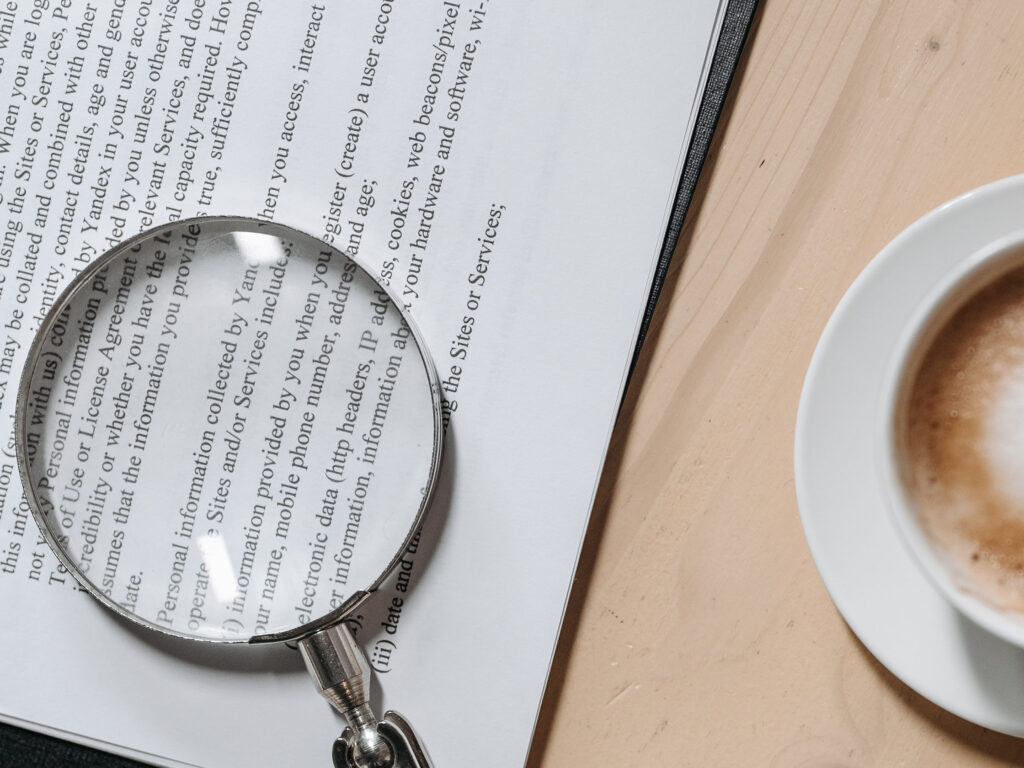
Ofcom will carry out checks to asses the effectiveness of measures put in place by the social media platforms and issue fines of up to £18 million or 10% of annual turnover. Senior managers failing to follow information requests will now face criminal action.
Ofcom will also be granted powers to cut off social media platforms revenue sources (from advertising/ payment providers) and to prevent websites from being accessed within the UK (through ISP’s – internet service providers).
How will the UK Online Safety Bill prevent exposure to inappropriate content?
Similar to the US Kids Online Safety Act age verification is a significant concern due to the potential leaking of users data vs the creation of a system that children could easily bypass.
We may also lose truly private encrypted messages as Ofcom could potentially ask these platforms to fatally undermine secure communication to ensure compliance, thus putting peoples lives who rely on this technology at risk. Needless to say WhatsApp amongst others are pushing back on twitter:
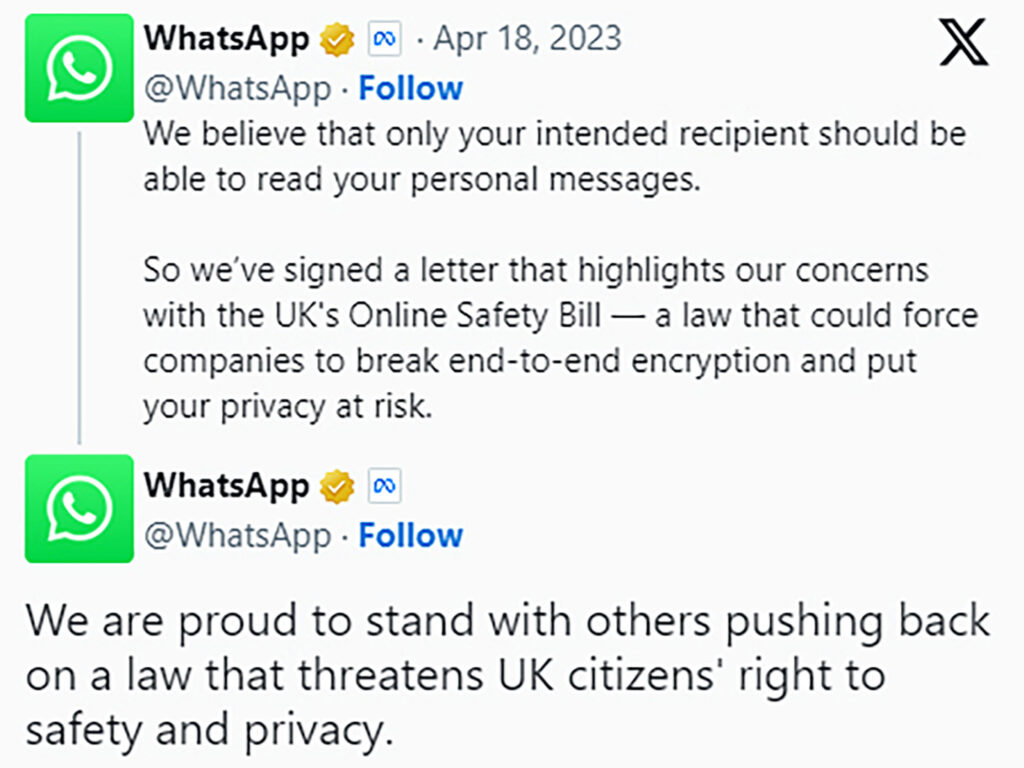
Will The UK Online Safety Bill keep our children safe online?
What do you think? Will this bill improve our kids online safety? What are your opinions on the loss of privacy and potential censorship for adults? Let us know your thoughts on one of our social media platforms below! (coming soon).
